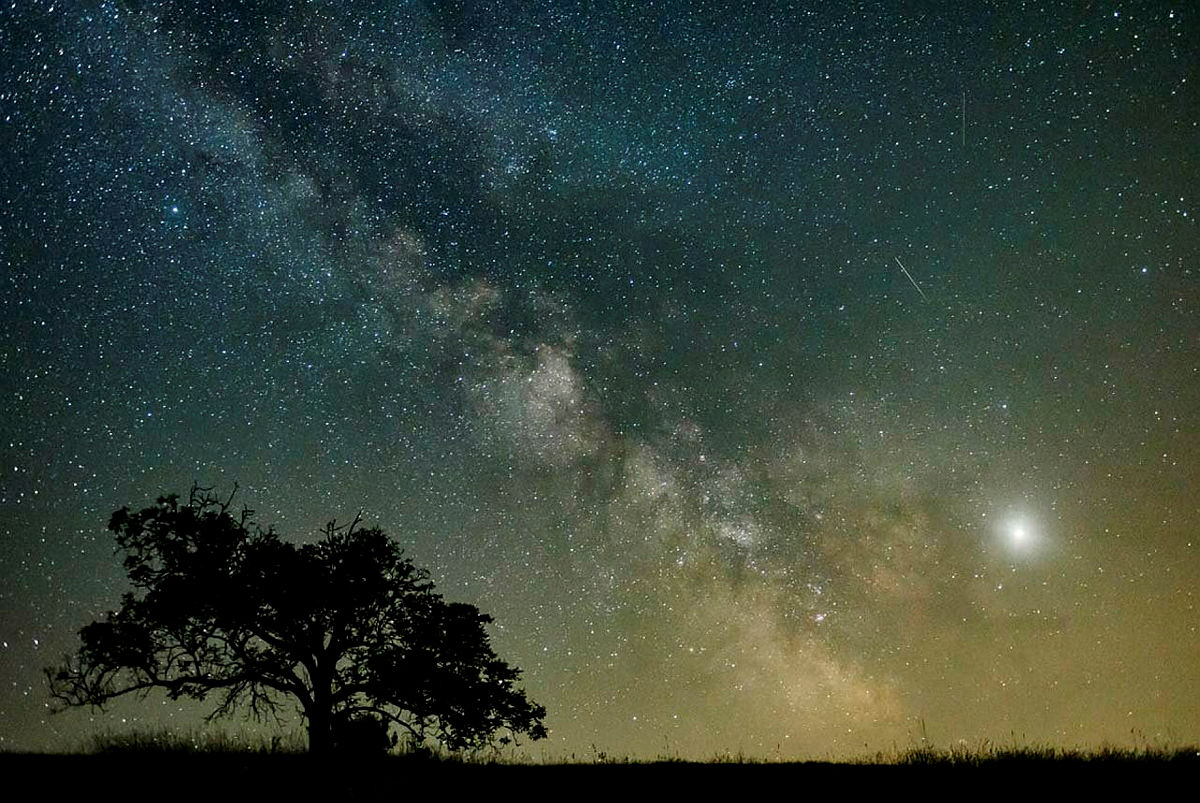Gemini North telescope of the NOIRLab managed to take a spectacular image of the collision of two galaxies which generated a cosmic butterfly.
The beautiful photo actually also reveals the destiny of our galaxy, the Milky Way.
The galaxies NGC 4568 and NGC 4567 were observed in the process of collision and fusion as the two galaxies are 20.000 light years away from each other, which is in theory close, and they are in a destructive phase of fusion.
They are 60 million light years away from the Earth, in the direction of the Virgo constellation, and both of them are spiral galaxies similar to our Milky Way.
In space, whole galaxies can collide, through destruction or creation, and they can interact with each other to create a source of stellar formation as they fuse.
This is actually a slow process that could millions of years, which is why astronomers can detect these fusions when they occur.
This new image captured by the Gemini North telescope in Hawai'i, part of the @GeminiObs, operated by @NSF's @NOIRLabAstro, reveals a pair of interacting spiral #galaxies — NGC 4568 and NGC 4567 — as they begin to clash and merge. https://t.co/vijLGjmtuo (1/2) pic.twitter.com/DKmgMPQ6FO
— Gemini Observatory (@GeminiObs) August 9, 2022

NOIRLab also signals that this process is similar to the one that eventually will happen to the Milky Way when the galaxy close to us, Andromeda, collides with our 4 billion years old galaxy.
As the galaxies NGC 4568 and NGC 4567 get closer, enormous gravitational forces will start to distort their forms, stretching some of their parts and triggering a burst of star formations.
This is also why the astronomers believe that a similar thing will occur with the Milky Way too when it collides with the Andromeda galaxy.
Since 2012, the experts are foreshadowing this collision, as the enormous halo of Andromeda is starting to make contact with the halo of our galaxy.
There seems to be a lot of time for that to happen, but the destiny of the Milky Way galaxy seems to have been written.